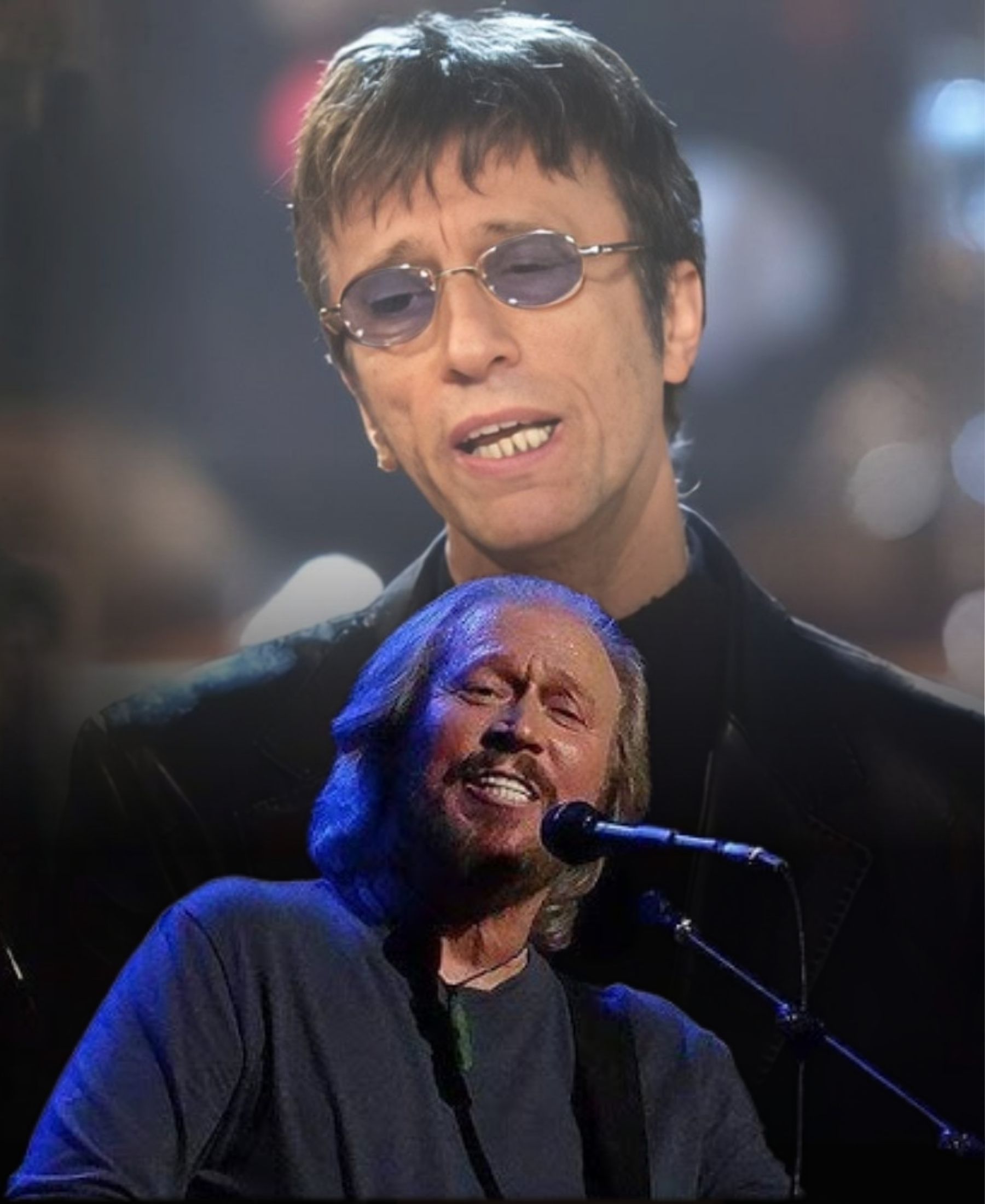
The Bee Gees’ 1968 classic “I Started a Joke” transcends being merely a song; it stands as a profound and poignant piece of pop art that solidified the band’s esteem for creating emotionally charged ballads. Released on their fifth album, Idea, in the fall of 1968, the track was born from a period fraught with intense creativity and internal struggles among the Gibb brothers—Barry, Robin, and Maurice. It remains a powerful testament to their extraordinary songwriting talents, especially highlighting Robin Gibb’s lyrical genius and melancholic touch, which infused the song with its hymn-like aura that continues to haunt listeners decades later. While the Bee Gees would become later synonymous with the disco revolution, this song reveals their roots deep in pop and psychedelic rock, enriched with lush orchestral layers entwined with folk-rock vibes. This blend gave birth to a sound that was both eerie and beautiful, leaving profound ambiguity and mystery in its wake for listeners to ponder over the years.
The story of the song’s inception is as fascinating as its sound. According to Robin Gibb, the song’s haunting melody was conceived during a flight aboard a British Airways Vickers Viscount, a propeller-driven aircraft. The constant rhythmic hum of the engines inspired him, evoking the ethereal image of a “church choir,” which became the seed of the melancholic tune central to the track’s identity. Robin, principally the lyricist, with Barry and Maurice contributing around the bridge, translated this auditory vision into lyrics steeped in themes of alienation, miscommunication, and tragic irony. The iconic line —
“I started a joke which started the whole world crying / But I didn’t see that the joke was on me”
— reveals a masterful weaving of complex emotional layers, depicting the stark loneliness and painful realization that a person’s humor can be gravely misread. This depth set it apart from the lighter-hearted pop trends of the late 1960s, making “I Started a Joke” an unmistakably unique jewel in that era’s music scene.
Despite its deep emotional core, the song wasn’t initially a massive hit everywhere. Strangely, it was not released as a single in the United Kingdom, the band’s home base, frustrating fans who had to purchase the whole Idea album to experience it. Yet, abroad, the song made powerful waves. Released as a single in December 1968 in the United States, it rapidly climbed the charts, peaking at No. 6 on the Billboard Hot 100 by early 1969. Even more impressively, it soared to the coveted No. 1 spot in Australia, Canada, and New Zealand, marking its status as a global sensation. This international success underscored the Bee Gees’ expanding worldwide appeal and underlined their unparalleled ability to connect with audiences across borders, a hallmark that would carry their career to legendary heights.
The legacy of “I Started a Joke” extends beyond just chart success. Its ambiguous, emotionally charged lyrics have ensured its place in popular culture, often featured in films and television to accentuate themes of irony or sorrow. Most notably, it was used in the movie Penn & Teller Get Killed, where its motif perfectly echoed the film’s dark narrative of a joke gone awry. Over the decades, the song has also been reimagined by a diverse array of artists—from rock stalwarts Faith No More and The Wallflowers to synth-pop legends Pet Shop Boys—each imparting their unique flavor to this timeless classic. This adaptability and enduring relevance affirm that the song’s profound message continues to touch hearts across new audiences and generations.
Its critical acclaim since 1968, its prestigious placement on the album Idea, and its persistent grip on cultural memory all signify “I Started a Joke” as a monumental piece of musical history; a stirring exploration of human emotion that captivates and challenges listeners, unflinchingly revealing the complexities of loneliness, irony, and misunderstood intent.
